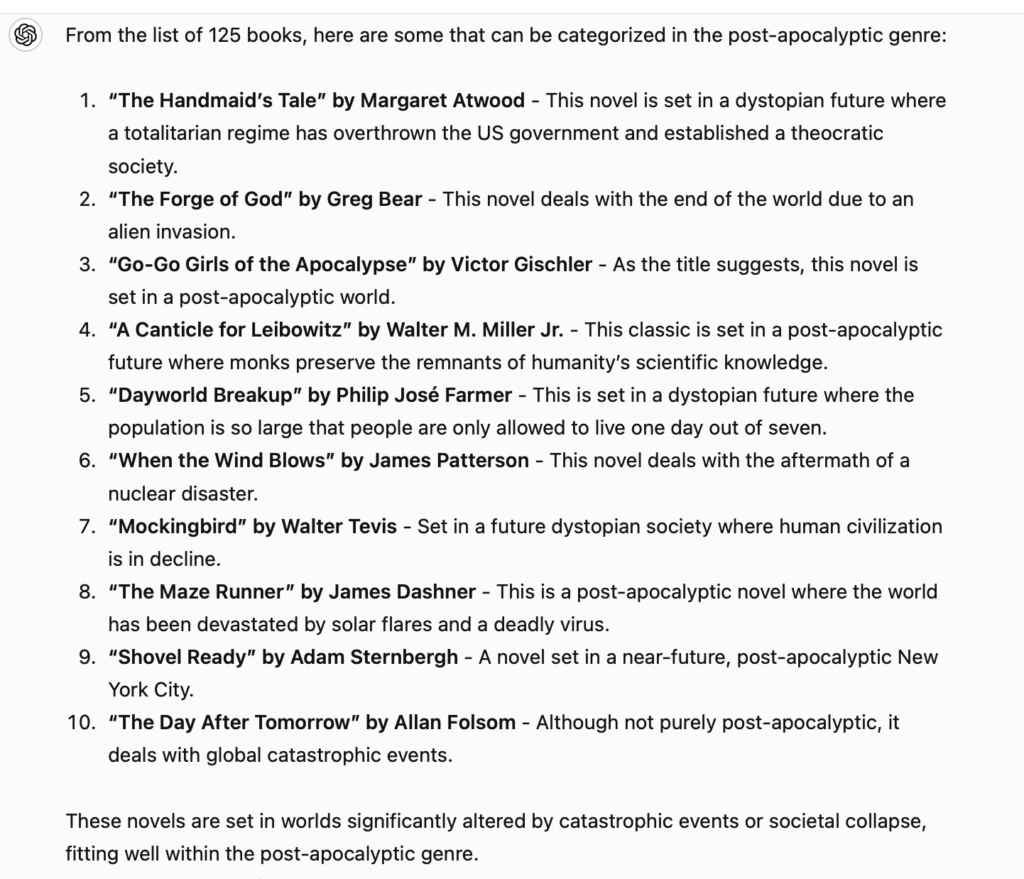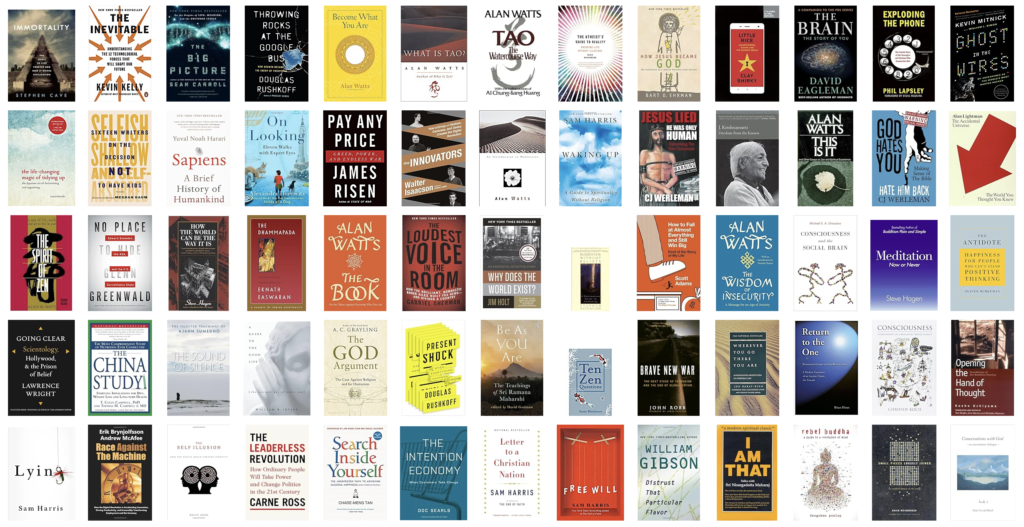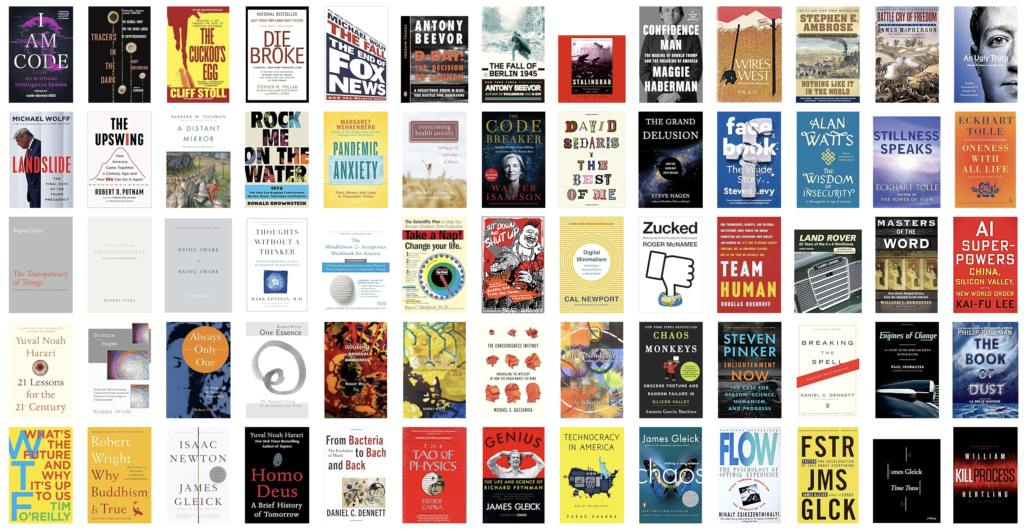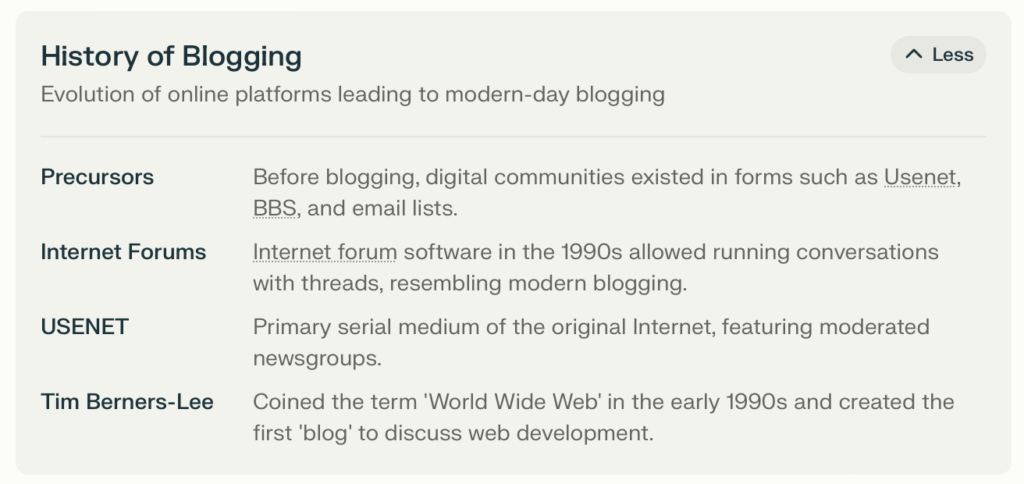I love Carl Hiaasen‘s novels. I’ve read every one of them. Most of them three or four times. I can’t think of a writer that creates more colorful (bizarre) characters. So I wasn’t expecting much when I uploaded this photo to ChatGPT and asked her to write a thumbnail description of each of the people as if they were in a Carl Hiaasen novel.
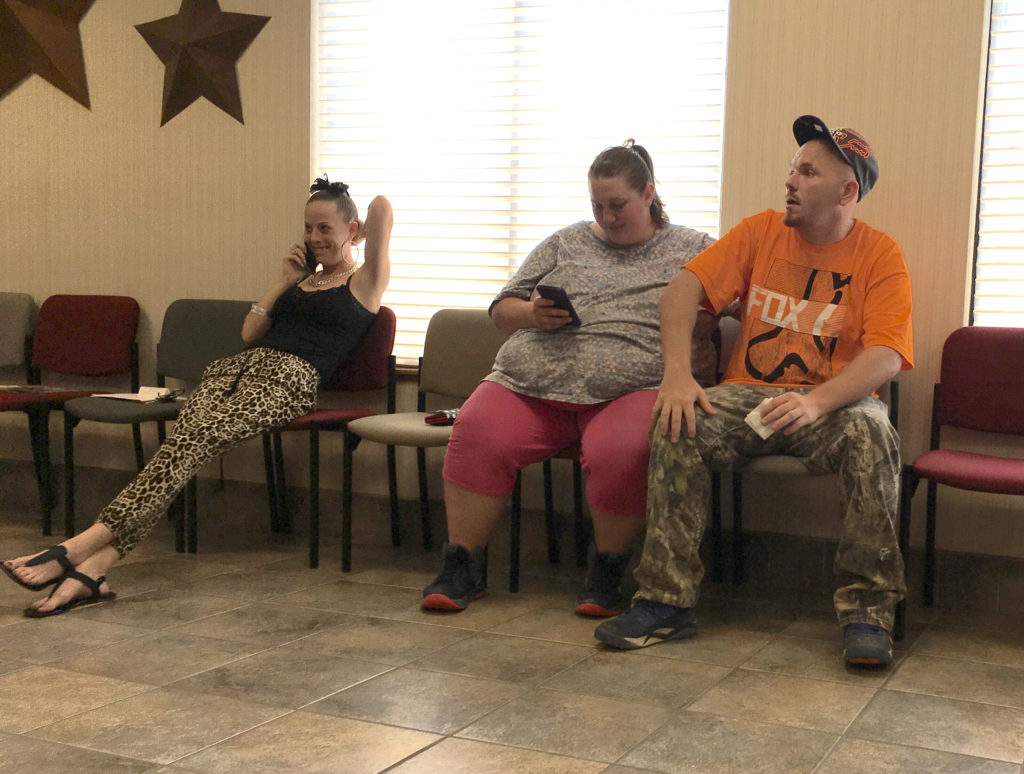
Karen “Krazy Karen” McCallister. Krazy Karen, a former exotic dancer turned amateur sleuth, always seems to be at the wrong place at the wrong time. She’s got a penchant for loud prints, louder opinions, and a mysterious past involving a nightclub in Key West. Her talent for finding trouble is matched only by her knack for talking her way out of it.
Darlene “Darla” Jenkins. Darla is the town’s gossip queen, who knows everyone’s business thanks to her relentless scrolling through local Facebook groups. She’s a plus-sized powerhouse with a soft spot for conspiracy theories and a talent for making friends in low places. Don’t be fooled by her sedentary demeanor; Darla has her fingers on the pulse of every small-time scam in town.
Earl “Squirrel” Dobbs. Earl, better known as Squirrel, is a part-time poacher and full-time mischief maker. His wardrobe consists entirely of camouflage, not because he hunts often, but because he believes it makes him invisible to his creditors. Squirrel’s greatest talents are vanishing when the law’s nearby and concocting get-rich-quick schemes that never quite pan out.
Not Carl Hiaasen but not bad.

